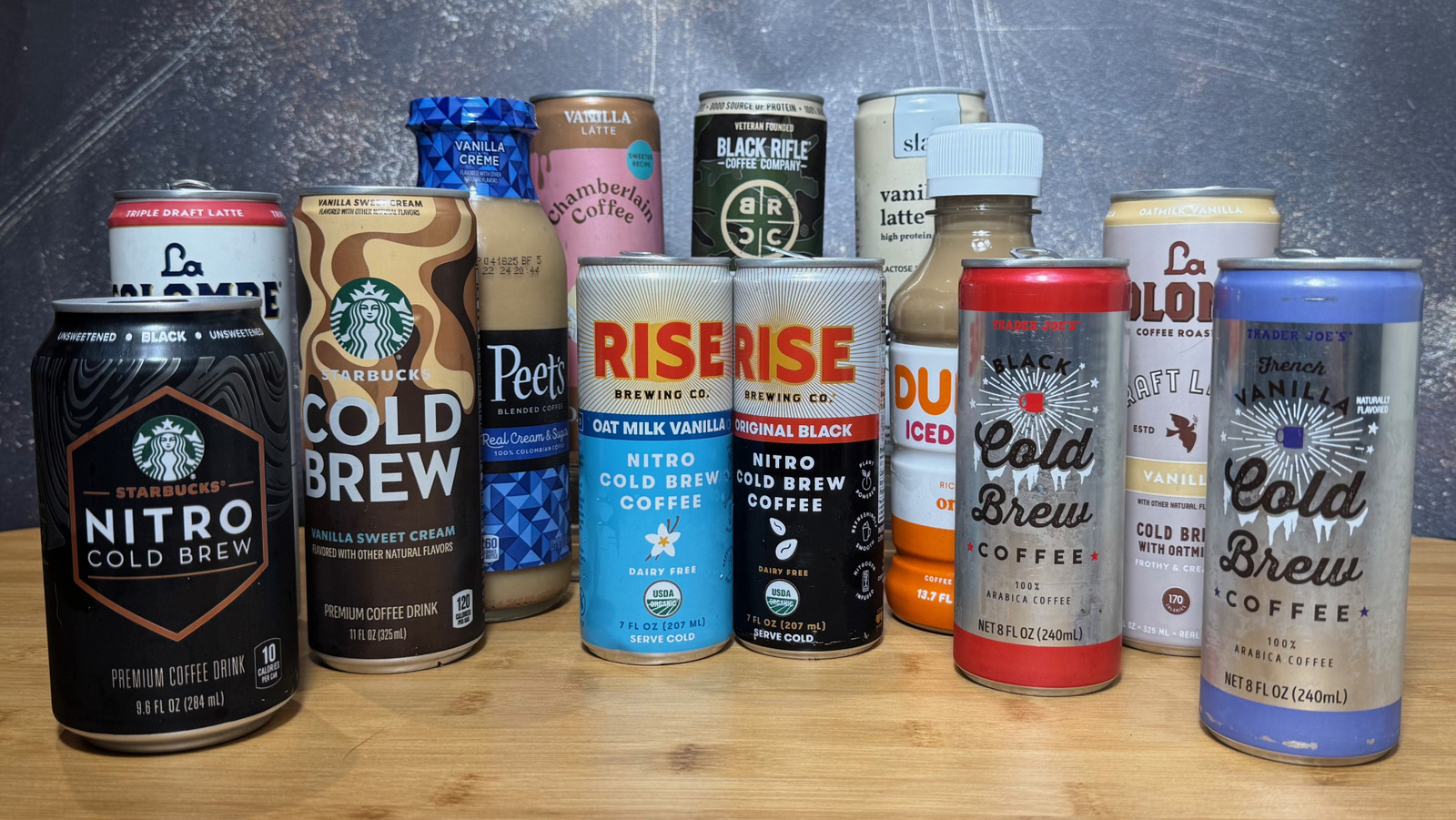After the boom of M&A and VC/PE investments in 2020 and 2021, 2023 has decidedly been a bust.
According to September data from Capstone Partners, M&A activity in the beauty sector fell 23.5% year-over-year between January and September, with only 39 transactions announced or completed. The skin-care segment comprised the highest percentage of M&A targets, accounting for 46.2% of year-to-date transactions. The primary causes of this slower deal flow are higher interest rates, persistent inflation, recession concerns and seller-buyer valuation gaps, according industry experts.
Since March 2022, the Federal Reserve made 11 benchmark interest-rate hikes, pushing it to its highest level in 22 years. Consequently, the financial market has been challenged with a persistently high interest rate environment, making borrowing costs prohibitively expensive for certain deals that would otherwise proceed, especially in the private equity space. Inflation was a concern between 2022 and 2023, though the Federal Reserve was able to stave off an official recession through interest rate hikes, which mitigated inflation to 3% by June 2023. The Federal Reserve aims for 2% inflation, which it judges as healthy for economic growth. With all of these macroeconomic concerns, coupled with stagnating salaries for U.S. workers, recession concerns have eroded consumer confidence, creating a self-fulfilling prophecy of poor economic and consumer activity. Lastly, sellers and buyers cannot agree on valuation purchase prices, so many companies are waiting for greener economic pastures before entertaining M&A or IPOs.
Continue reading this article on glossy.co. Sign up for Glossy newsletters to get the latest on the business of beauty, fashion and pop culture.












 English (US) ·
English (US) ·